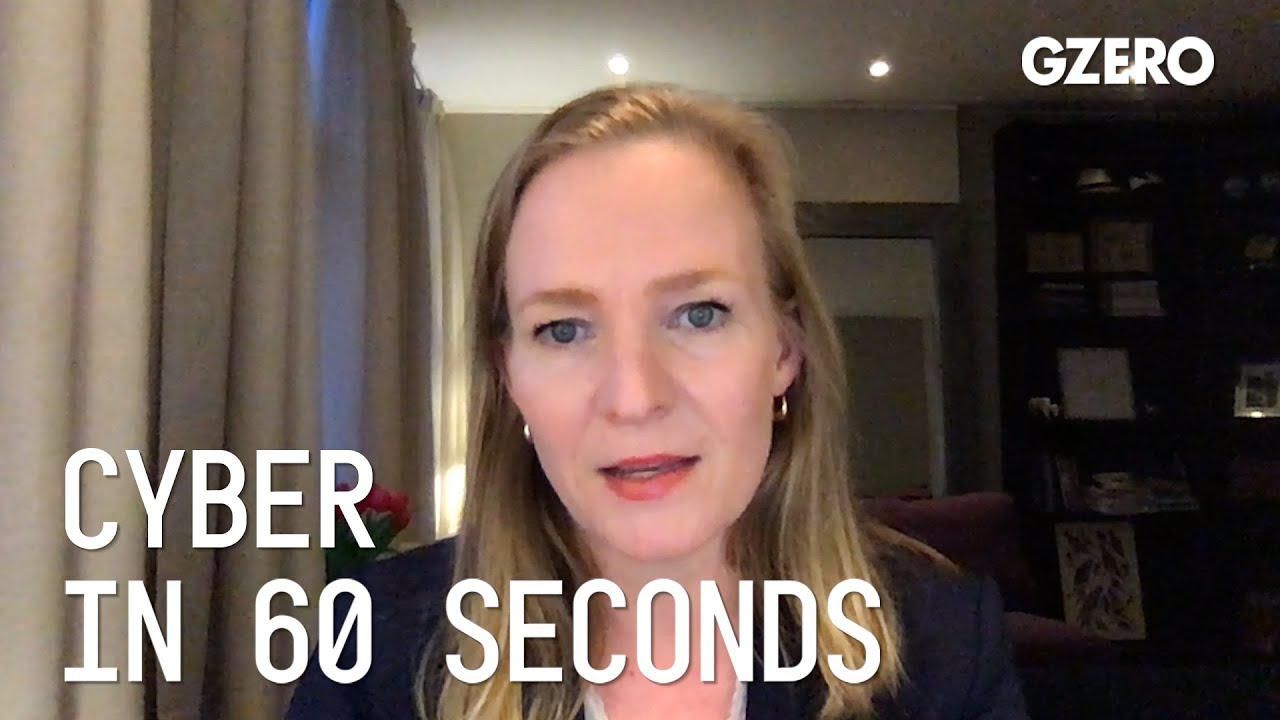
Marietje Schaake, International Policy Director at Stanford University's Cyber Policy Center and former European Parliamentarian, discusses recent developments on big tech, privacy protection and emerging trends in cyberspace.
What immediate impact has the SolarWinds hack had on private companies?
Now, I hope it's meant a shock into action. The SolarWinds hack should be a wake-up call to all companies selling software, because any kind of negligence to ensure the highest security standards will come back as a boomerang to individual companies, but also to the tech sector collectively. Digitalization has come to mean privatization, and connectivity means vulnerability. Add these up and you can see the trust has to be earned every day.
What should governments do together with the private sector to make the internet safer for tomorrow?
Well, governments should learn from the risk of relying on corporate systems without proper oversight. Assessing who has which insights into risks or intrusions and who should primarily protect, may sound like ABC, but when relying on protecting against state and non-state actors, I'm afraid a lot of aligning and verifying is needed.
- Will there be a decisive US response to Russian cyber attacks? - GZERO Media ›
- US, NATO, & EU condemn China's Microsoft hack; Pegasus spyware leak - GZERO Media ›
- Will the US be able to withstand cyber attacks on critical infrastructure? - GZERO Media ›
- A Republican Congressman’s take on the "Russia threat” - GZERO Media ›
- US joins in call to regulate Big Tech; EU proposes AI tech regulation - GZERO Media ›